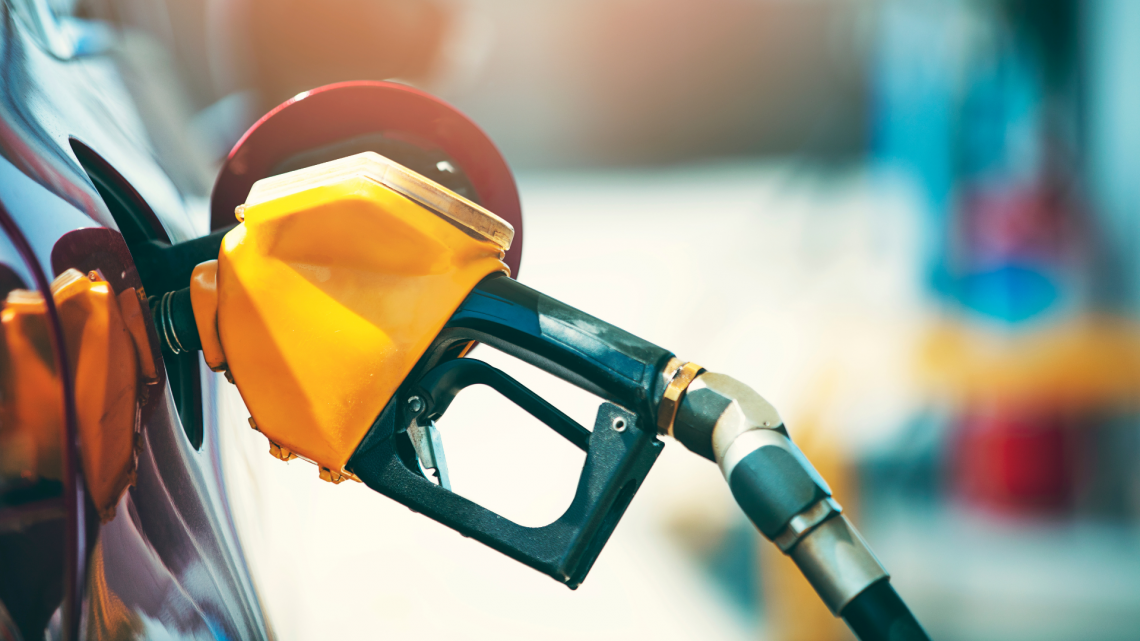
What Fuel is Best for Long Distance Driving?
Whether traveling for pleasure or business, comfort is key when you are on the highway. You do not just want to be comfortable; you also do not want to spend extra money on expensive gasoline. So, what is the best fuel for long drives?
Gas, diesel, or electric: Which fuel is best for my next road trip?
A road trip is one of the most rewarding experiences you can have behind the wheel. With a car full of your favorite tunes, the freedom of the open road, and some great snacks to tide you over before you get to a rest stop, a road trip can transport you to places you have never been or have experienced before. But if you are planning to take a long trip, you need to make sure you have the right fuel for your driving needs. So which fuel is best for you, gasoline, diesel, or electric?
So, What Fuel is Best for Long Distance Driving?
The best fuel for long road trips depends on several factors, including the climate, the distance traveled, and the type of vehicle and road trip. For example, if you’re going to make the trip in a brand-new high-performance Toyota, then, of course, you’ll require less fuel than if you’re traveling in an old, banged-up Fiero. However, this is a very generic perception commonly held by car buyers, which is not true. Not every used car utilizes too much fuel. A well-maintained used four-wheeler does not face any fuel-related issues. This means that a pre-owned Land Rover Discovery Sport, known for most fuel-efficient configurations, would not show any signs of high fuel consumption if it has been kept in a good condition throughout its inactive period. Since a lot of people know about this, they often try to get their hands on used land rover leeds or wherever they are.
Anyway, it is not just the condition of the vehicle that might cause fuel issues, there are other factors too like the weather and terrain that also affect the amount of fuel required. To learn about them, continue reading.
Do you ever find yourself driving long distances? Ever find yourself storing an extra container of gas so that you can keep going? Well, there is a way that you can save yourself some extra money. Stop using gas altogether and use diesel instead. Yes, you heard us right. Diesel. You may not know that diesel is cheaper, cleaner, better for the environment, and better for your health.
While the focus of this article will be the pros and cons of diesel, let us briefly touch on an alternative that many people seem to be considering these days: electric vehicles. The recent shift in the transportation sector is nothing new; people seem to be opting for electric cars, bikes, and even buses for both short and long-distance travel.
If this is an option you wish to consider for your longer journeys, then the first step would be to have an adequately powered charging station installed in the home with help from the experts at Triex EV Northern Ireland or similar companies. This can ensure that you keep your vehicle fully charged before the trip. Keep in mind that you will have to also do a bit of research to find charging stations all along your route as you do not want to run out of fuel at any point during your drive. With that said, let us compare the traditional two options for fuel: gasoline and diesel.
Diesel fuel (also known as diesel fuel or #2) has a bad rap for being environmentally unfriendly. But diesel fuel can be more efficient when it comes to fuel consumption, and it is the best option for long-distance driving.
Diesel is a mixture of hydrocarbons derived from the oil used in diesel engines. Diesel fuel has several advantages over gasoline, including lower emissions, less wear and tear, greater fuel economy, and more torque.
For years, the debate about which is best, diesel or gasoline, has been raging on. In fact, it is one of the oldest debates in automobiles. Some believe gasoline is cleaner, while others swear by diesel. So, which is better? The truth is, as long as your vehicle has the proper filters, diesel is just as clean as gasoline. In reality, however, the sulfur levels in diesel are significantly less than those in most gasoline. It is highly important to make sure that your car can handle diesel, do not put in any diesel if your vehicle is not equipped for it, because doing so can wreck your car and cause a lot of damage that you will need to pay out for to get sorted.
Diesel featured prominently in cars until roughly the 1950s, but the advent of the petroleum shortage that accompanied World War II prompted a switch to gasoline and away from diesel.
Diesel fuel contains more Btu per gallon than gasoline, making it the obvious choice when towing a trailer or carrying horses. Diesel lasts longer than many gasoline blends, making it ideal for truck or SUV owners. Diesel engines are more efficient, producing less air and noise pollution, making them a much better choice for transportation companies. Furthermore, diesel is generally cheaper than gasoline, which is why many logistics companies operate diesel-powered vehicles. In order to further reduce diesel costs, these companies often work with truck factoring professionals who can assist them with fuel cards and invoice factoring services.
The fuel in your vehicle affects your gas mileage. If you fill up with the wrong gas, you may have to refill the tank more often or deal with running your engine harder, both of which lead to wasted fuel. Learning what fuel is best for long-distance driving can reduce your fuel costs and save you money in the long run. Always read up on your vehicle and see how you can adapt it for long periods of driving, there are little tweaks that you can do, but you will need to speak to a professional first to make sure that you are taking the necessary steps at keeping your vehicle safe and efficient on the road.





